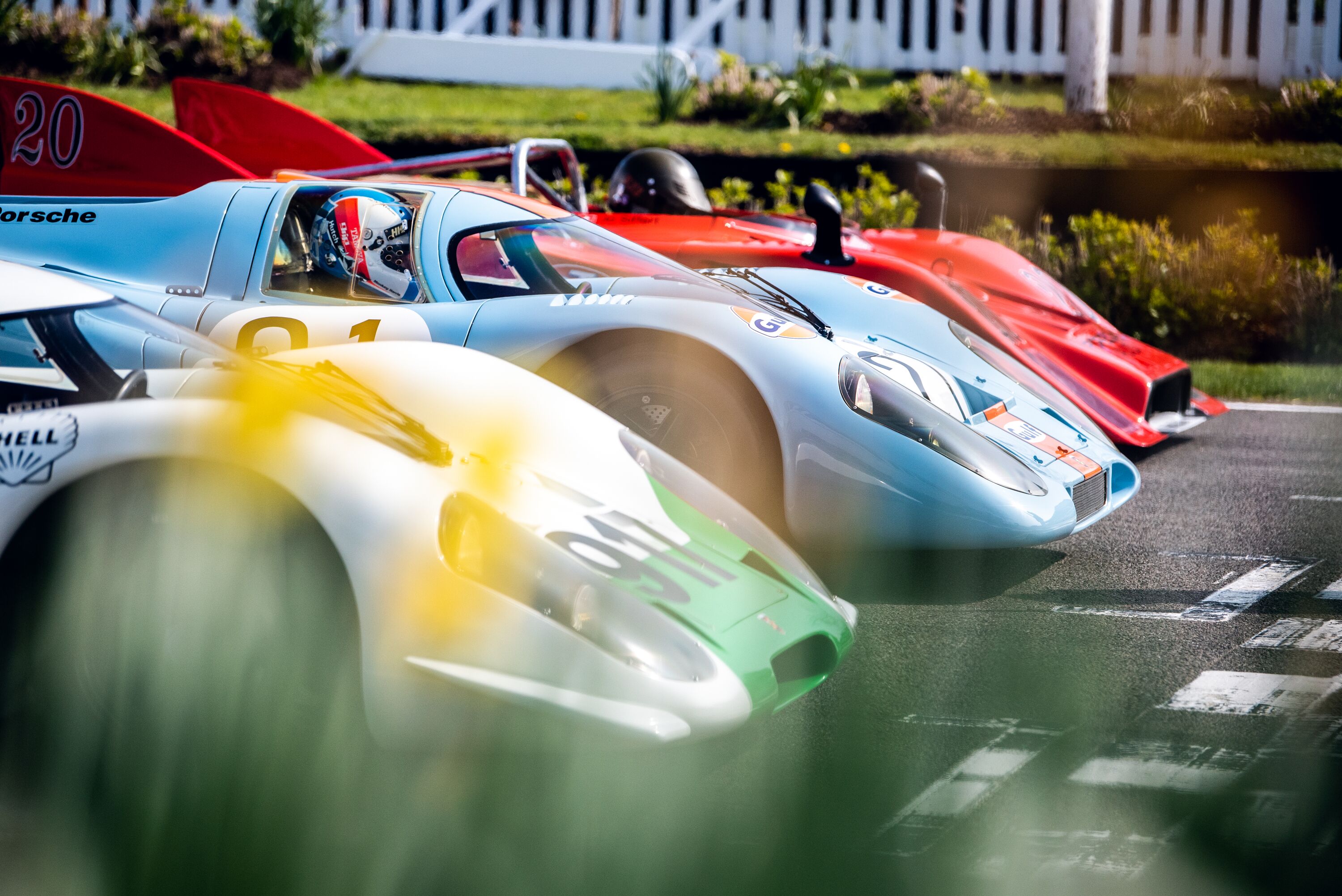Is the Austin 7 the most important car ever made? | Axon’s Automotive Anorak
If you were one of the lucky 210,000-plus visitors to last weekend’s Goodwood Festival of Speed presented by Mastercard, you may have seen on the tranquil Cartier Style et Luxe Lawn, a bunch of cute but tiny Austin 7s.
Among the many and various automotive anniversaries that will be celebrated throughout 2022, from 75 years since the founding of Ferrari, 60 years of the MGB, Triumph Spitfire, Lotus Elan, and so on, arguably few will be as important and significant as the centenary of the Austin 7.

First introduced in 1922, the diminutive Austin 7 quickly became Britain’s first true ‘peoples car’, going on to become something of an institution, this technically conventional yet utterly revolutionary tiny car effectively wiping out the briefly popular cycle cars of the era (just is its spiritual Austin 7 successor – the Mini – did in 1959, causing the thankful demise of the contemporary and mostly grim and inadequate microcars).
The simple side-valve straight-four 747cc Austin 7 soon out-sold the earlier Morris (Bullnose) Oxford as Britain’s most successful car, with almost 300,000 examples built in Longbridge alone between 1922 and ’39 in more than 35 differing ‘factory’ body varieties, all pre-dating Britain’s beloved Morris Minor and BMC/BL Mini by decades.
The Seven also served as the foundation of a couple of today’s motoring giants – BMW and Nissan – via the first Dixi and Datsun models, built locally under licence (at least in the case of the former!), along with other global Seven derivatives produced under agreement by Bantam in the USA (the originators of the World War II Jeep) and Rosengart in France.
In addition, other now established and revered car makers past and present, such as Jaguar (via Swallow Sidecars/SS) and Jensen, owe their very existence to the little Austin by offering fetching coachbuilt ‘alternative’ sporting and luxury derivatives of the model in the 1920s and ’30s.

Some significant sportscar makers too also owe the Austin a huge debt of gratitude. A 7 formed the basis for the very first special created by Colin Chapman, the founder of pioneering sportscar and F1 maker Lotus, along with Eric Broadley of Lola (who also used many Ford components), Speedex founder Jem Marsh (later of Marcos fame), renowned competition car creator Ray Mallock, plus Bruce McLaren, all of which went on to achieve notable greatness in motor racing and outstanding performance cars from their humble Austin 7 special roots.
Use of the Austin 7 and its versatile 747cc engine led to the foundation of the popular and influential 750 Motor Club Seven, too, as the true home of affordable British motorsport. First established in 1939 just before the outbreak of World War II - just as the original Seven was coming to the end of its long and successful production career - the 750 Motor Club has long since flourished, helping to launch the competition careers of countless talented racing drivers, through its own many motorsport series’, such as the 750 Formula (started in 1949 to now become the world’s oldest continuously running race series, using individually designed and built competition machines), along with Historic 750 Formula, which as its name implies, is the historic variant of the 750 Formula that formed the backbone of UK club motor racing, today catering for Austin 7 specials, as well as Reliant-engined competition cars, the small Reliant motor being a later adaption and update of the faithful Austin 7 engine.

From its Austin 7-based roots, the 750 Motor Club has evolved into the go-to organisation for any kit car and specials builders and enthusiasts that fancy trying their hands at some fun and affordable motor racing in the UK.
One hundred years after the launch of the original and clever Longbridge people’s car, all of us car enthusiasts should rejoice and raise a toast to his innocent but important little Austin, as without it, maybe the thriving UK sports car and specials scene might never have happened. Happy 100th birthday, Austin 7!
FOS 2022
Festival of Speed
Austin
Austin 7
Cartier Style et Luxe































































